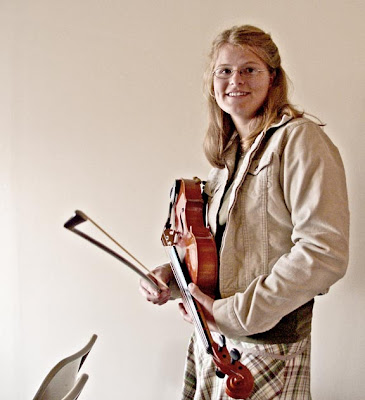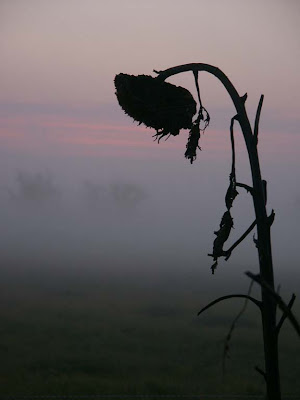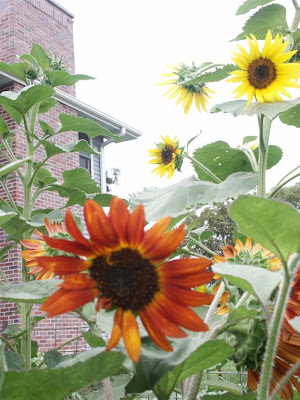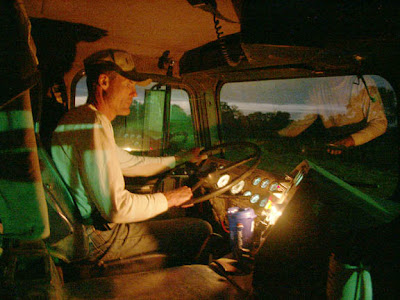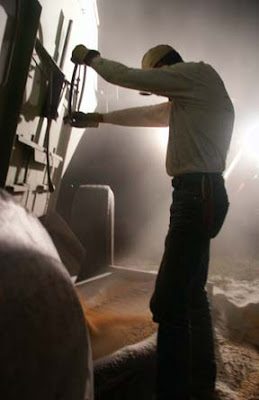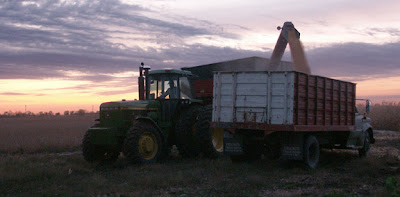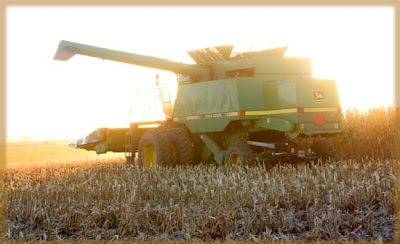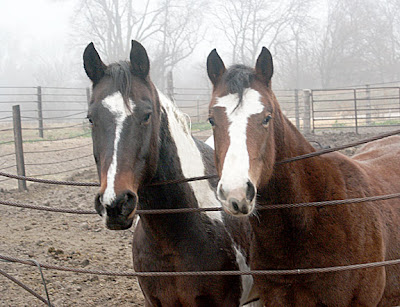
But Peter rose and ran to the tomb; stopping and looking in, he saw the linen cloths by themselves; and he went home wondering at what had happened.
Tuesday, November 20, 2007
A Horse with No Name

Monday, November 19, 2007
Sam's Front Porch
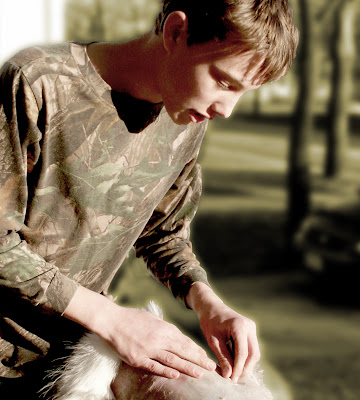
Sam's front porch is spilling over with sunshine and big plans. He shot his first buck last week. Satisfaction and confidence flow through his blue eyes as he tells me why he's going to pick every last bit of tissue off the inside of this deer hide, and that he's reading about tanning animal skins, and about the moccasins he's going to make for his grandmother ---fur side in--- so they'll be soft and warm, to shut out winter's bite.
The buck is dead, but Sam is full of life. I'm glad to know him.
Sunday, November 18, 2007
Sunday, November 11, 2007
Goodbye to the Summer
Remember our early morning garden times, and the glory and color that splashed into my world from every corner?
Say it ain't so.
Sunday, November 4, 2007
Harvest, Part 3
Watching the corn drain into the auger hopper, John prepares to shut the grain
door for the last time of the day. Now go home and rest your weary bones.
Saturday, November 3, 2007
Harvest, Part 2
Even after Americans knew how to build atomic bombs that could obliterate an entire city, it took a while to make a machine that could pick corn and shell it in one pass. Until 1954, corn was picked in the ear, hauled into the yard and then removed from the cob in a separate operation.
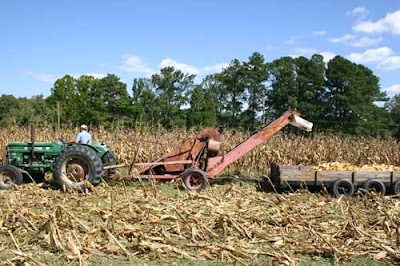
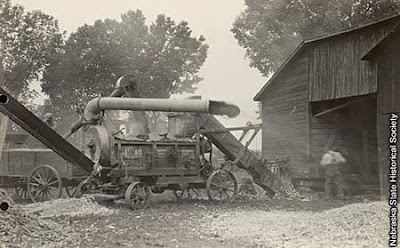
Picking and shelling photos courtesy of the Internet.
The invention of combines, which could both pick and shell grain in the field, resulted in a remarkable increase in productivity - corn that took an entire day to shuck and shell in 1900 could, by the end of the century, be picked, shucked, and shelled with a combine in five minutes.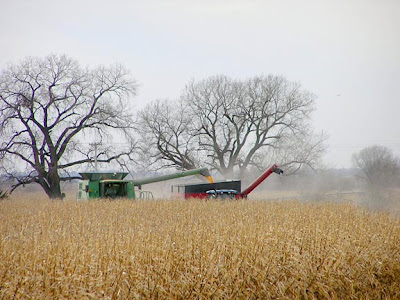
My job is to drive the grain cart alongside the combine. When John's combine bin gets full, he dumps his corn into the grain cart.
My dad took this photo last year, of the combine unloading into the grain cart. Having a grain cart saves John lots of time - instead of driving to the field edge to empty the combine every time it's full, he keeps picking while I drive alongside, receiving the corn.
A lot can go wrong when you're driving the grain cart. To avoid dumping corn either on the ground or the cab of the tractor, you have to be the right distance away from the combine, and you have to go the same speed as your combine driver. If he slows, you slow. If he speeds up, you'd better not be thinking about what's for supper.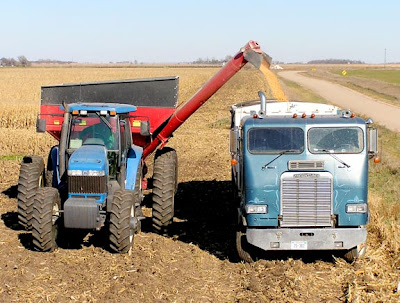
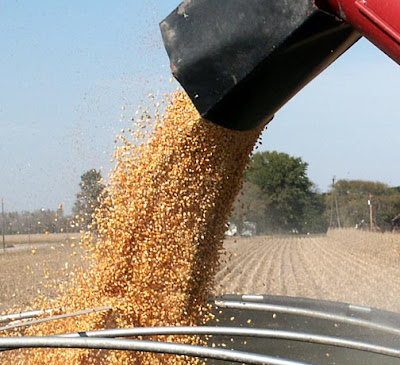
Sometimes I mess up.
Then I get a little aerobic exercise with a shovel in my hand, out in the gorgeous fall sunshine.
Friday, November 2, 2007
Harvest
 Twenty minutes after curling out of the minivan, freshly home from our whirlwind Colorado trip, I was back in the saddle. Not the horse saddle, but the grain cart saddle, working with my dear hubby to get this corn (and all the other corn) into this grain bin (and all the other grain bins).
Twenty minutes after curling out of the minivan, freshly home from our whirlwind Colorado trip, I was back in the saddle. Not the horse saddle, but the grain cart saddle, working with my dear hubby to get this corn (and all the other corn) into this grain bin (and all the other grain bins).